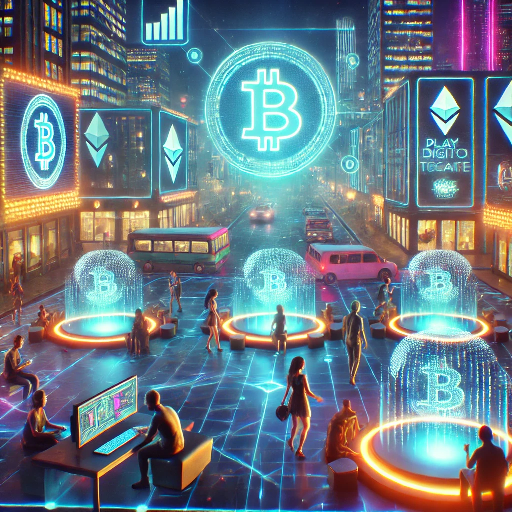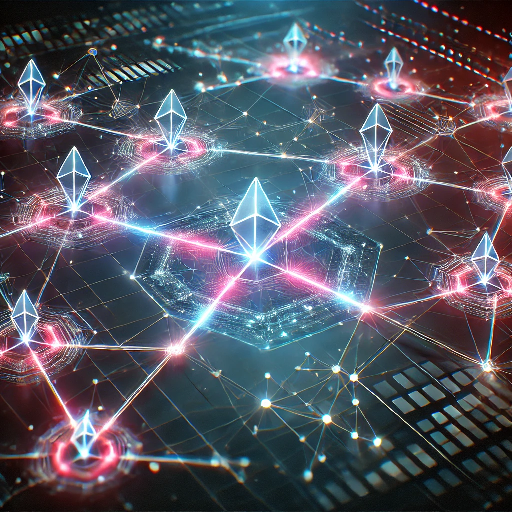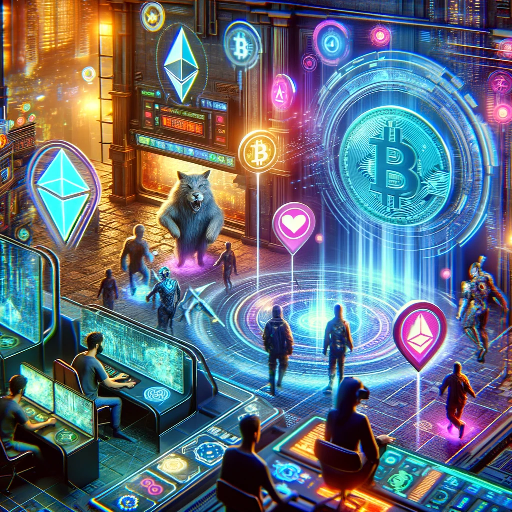Introduction
Crypto tokens in the Metaverse economy are reshaping how digital assets, transactions, and ownership work in virtual environments. As the Metaverse expands, these tokens are becoming fundamental to the way users interact, trade, and engage in digital spaces. This article explores their significance, utility, and the economic impact they have on virtual worlds.
Understanding the Metaverse Economy
The Metaverse economy consists of virtual environments where users can interact, create, and conduct financial transactions. It includes digital marketplaces, virtual real estate, gaming ecosystems, and decentralized finance (DeFi). Crypto tokens serve as the backbone of this economy, enabling seamless and trustless exchanges between participants.
What Are Crypto Tokens?
Crypto tokens are digital assets built on blockchain technology. They can represent ownership, access, or value within a specific ecosystem. Unlike cryptocurrencies such as Bitcoin, these tokens often serve a specific function within a platform. In the Metaverse, they facilitate trade, provide governance, and grant access to exclusive digital assets.
The Utility of Crypto Tokens in the Metaverse Economy
1. Virtual Real Estate Transactions
One of the most prominent use cases of crypto tokens in the Metaverse economy is virtual real estate. Platforms such as Decentraland and The Sandbox allow users to buy, sell, and develop digital land using blockchain-based tokens. These transactions ensure authenticity and secure ownership through smart contracts.
2. Digital Goods and Services
Crypto tokens enable the trade of virtual goods such as avatars, skins, accessories, and digital art. Many Metaverse platforms integrate tokenized economies where users can create, sell, and exchange items, ensuring digital scarcity and value appreciation.
3. Play-to-Earn (P2E) Gaming
Blockchain-based games are redefining gaming economics through play-to-earn models. Players can earn crypto tokens by completing tasks, competing in challenges, or trading in-game assets. This approach allows users to monetize their time and skills in virtual worlds.
4. Decentralized Finance (DeFi) in Virtual Worlds
DeFi protocols are being integrated into the Metaverse to offer financial services such as lending, staking, and yield farming. Users can leverage their virtual assets as collateral for loans or earn passive income through staking mechanisms.
5. Governance and Decision-Making
Many Metaverse projects operate as decentralized autonomous organizations (DAOs), where token holders participate in governance decisions. Through voting mechanisms, users can influence the development, rules, and future direction of their virtual communities.
Challenges and Risks of Crypto Tokens in the Metaverse Economy
1. Volatility and Market Speculation
The value of crypto tokens fluctuates significantly due to speculation and market trends. Investors and users need to be aware of the risks associated with holding and trading these digital assets.
2. Regulatory Uncertainty
Governments worldwide are still formulating regulations for digital assets. The lack of clear legal frameworks creates challenges for businesses and users operating in the Metaverse economy.
3. Security Concerns
Hacks, scams, and fraudulent activities pose significant risks to token holders. Ensuring strong security measures, such as two-factor authentication and decentralized exchanges, is crucial for safe participation in the Metaverse economy.
The Future of Crypto Tokens in the Metaverse Economy
The evolution of crypto tokens in the Metaverse economy will likely see greater integration with real-world businesses, enhanced interoperability between virtual worlds, and improved regulatory clarity. Innovations such as cross-chain compatibility and AI-driven financial models will further shape the role of digital assets in virtual environments.
Conclusion
Crypto tokens in the Metaverse economy are revolutionizing digital ownership, commerce, and financial interactions. As blockchain technology advances, their role will become even more significant in shaping the virtual economy. While challenges remain, the opportunities for innovation and growth in this space are vast, making it a crucial aspect of the digital future.

















